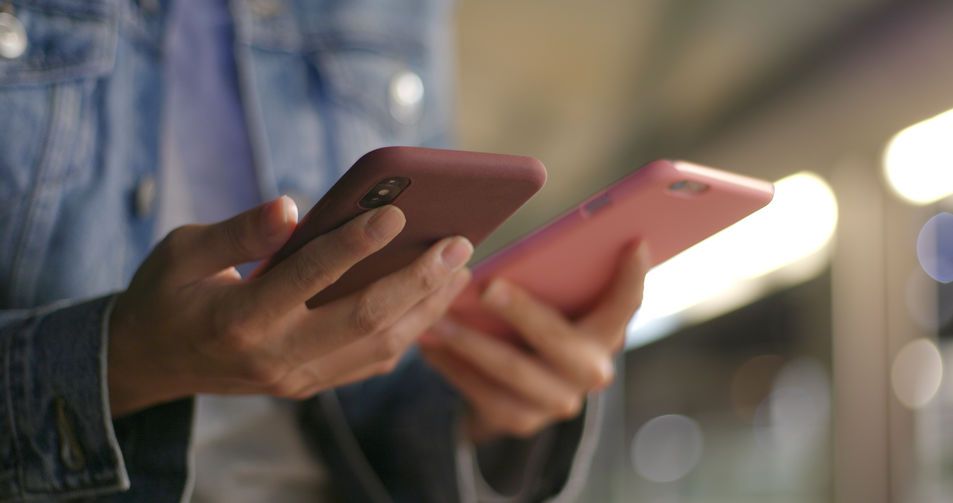 Many employers permit, even encourage, employees to use personal cell phones for work, as well as other devices, such as your laptop, tablet, home computer, etc. On the surface it sounds convenient, but have you really considered the risks? Do you understand your company’s Bring Your Own Device or “BYOD” policy? What about other policies on electronic communications or data? These policies can either be confusing or seem innocent enough, and most employees do not give them a second thought.
Many employers permit, even encourage, employees to use personal cell phones for work, as well as other devices, such as your laptop, tablet, home computer, etc. On the surface it sounds convenient, but have you really considered the risks? Do you understand your company’s Bring Your Own Device or “BYOD” policy? What about other policies on electronic communications or data? These policies can either be confusing or seem innocent enough, and most employees do not give them a second thought.
However, here are few things to think about:
- Does the company have access to remotely delete EVERYTHING on your phone or other devices, with or without your approval? Did you already give your “consent” when you received the policy or signed the handbook acknowledgment form?
- Does the company have the right to search and download the contents of your cell phone or other personal devices– including your personal data, pictures, texts, web browsing history, cloud storage – especially in the event of a lawsuit?
- If you deal with confidential information, how secure is your phone or other personal devices? Will you be disciplined, even fired, if information is lost or stolen or inadvertently shared?
- If you change jobs, what happens to the company information you have on your phone or other devices? Can you delete it? Do you have to return it? If so, how do you return it and who pays the costs to do so? Can you be sued if you make the wrong decision?
- If you change jobs, can the company charge you with theft of proprietary information if you do not allow them to examine and/or delete items from your cell phone or personal devices?
These same issues apply to all your personal electronic devices used for work purposes, such as laptops, iPads, tablets, home computers, etc. Additional things to consider include:
- If you log in to your company’s server remotely, can your employer track the amount of time you spend on their server? Are you required to report that time? Did you violate a company policy against working “off the clock”?
- If you use your company email address for personal communications, is your employer able to read, save, or download those emails? What about confidential emails between you and your doctor, accountant, lawyer, etc.?
We encourage you to carefully read your employer’s policies on email, electronic communications, BYOD, and separation of employment. Only then can you make an informed decision about whether it would be better to use your personal devices or have separate electronic devices dedicated to your job.

